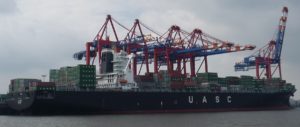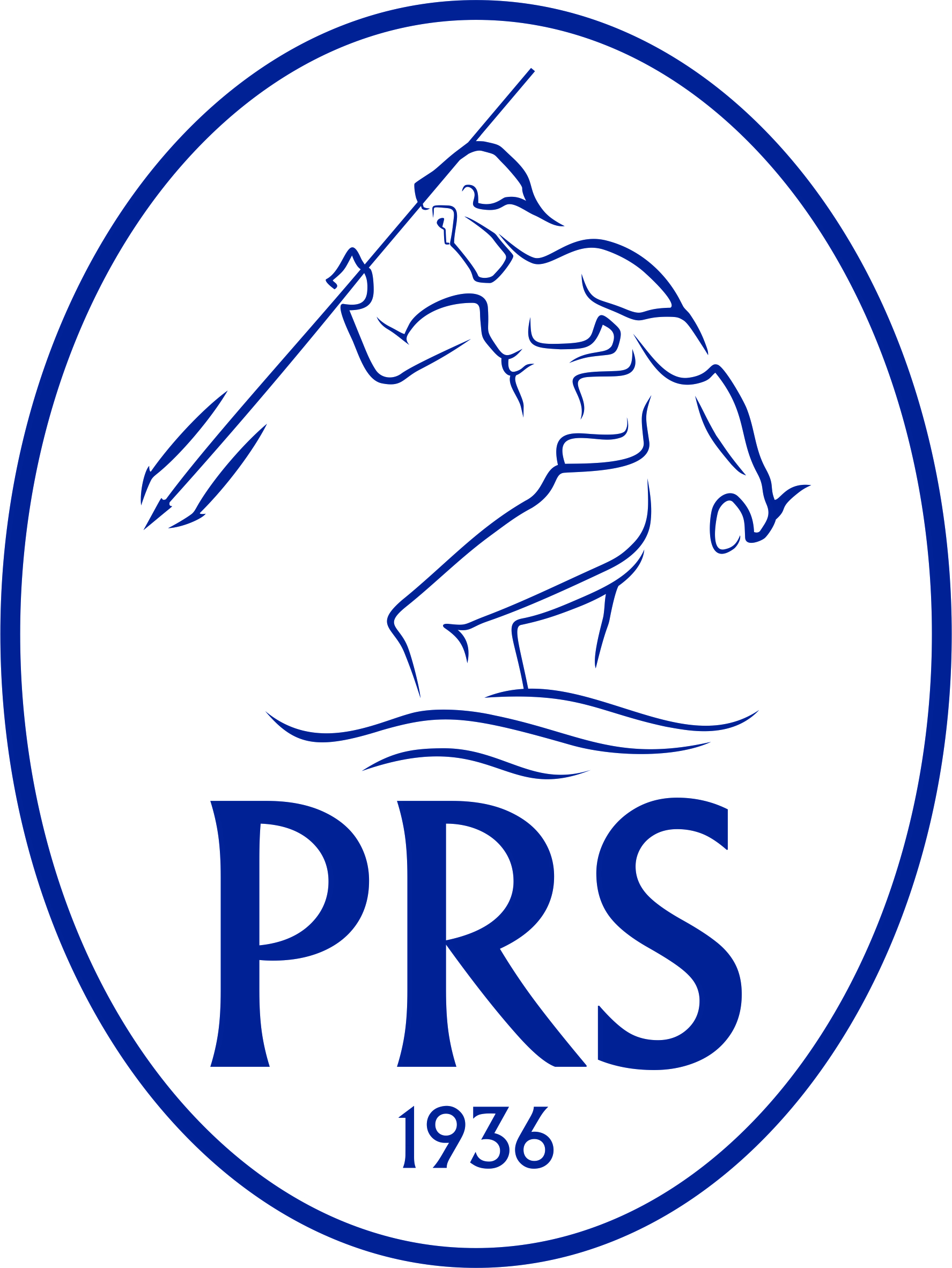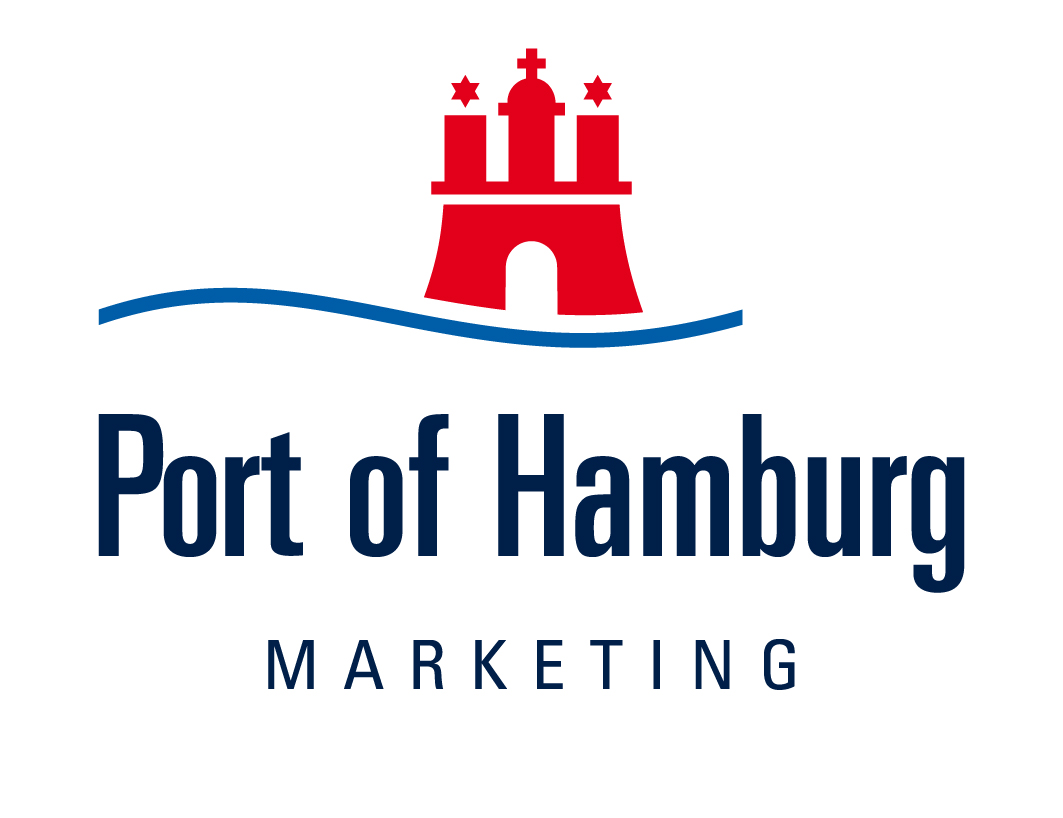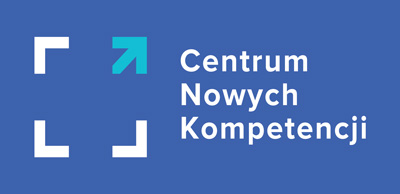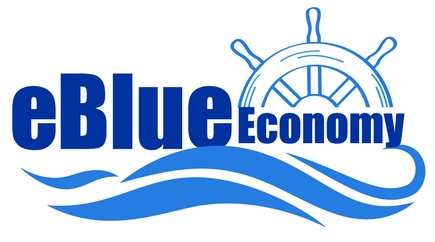Hamburg smartPort – the intelligent port
hamburg gruene-logistik-smart-port-hamburg
In the port of Hamburg, state-of-the-art digital intelligence guarantees a smooth, efficient operation. The control systems used by the HPA are world-leading, while the interaction between sensor technology and analysis, forecasting and information systems delivers huge efficiency improvements. This is not only good for business, it also protects the environment. The digital trend also ensures that we will continue to maintain our leading position in Germany and Europe. Thanks to its smartPORT philosophy, the Hamburg Port Authority is achieving sustainable economic growth and maximum benefit for its customers and the people of Hamburg, while minimising its environmental impact. In addition, smartPort is constantly being developed and adapted.
smartPORT logistics. Thanks to intelligent solutions for the flow of traffic and goods, the HPA is improving the port’s efficiency. smartPORT logistics combines economic and ecological aspects in three sub-sectors: traffic flows, infrastructure and the flow of goods. An intermodal PortTraffic centre for sea, rail and road transport forms the basis for networking the flow of traffic. Intelligent networking is a prerequisite for smooth, efficient transport in the port of Hamburg and ultimately for the flow of goods: optimum data capture and rapid information sharing allow logistics managers, carriers and agents to select the most efficient means of transport for their goods.
smartPORT energy. The HPA promotes environmentally-friendly mobility and advocates reduced energy consumption. smartPORT energy therefore helps limit its dependence on conventionally generated power, reduce emissions and save money. It focuses on three core areas: renewable energies, energy efficiency and mobility.
Navigation in real-time. Thousands of trucks drive through the port of Hamburg every day. To ensure that the traffic flows efficiently, the HPA combines various services and functions. Anyone driving around the port benefits from personalised navigation. As well as information about the traffic situation in and around the port, they also have access to parking and infrastructure information, closures of the moveable bridges, as well as the latest information on important operations.
Shore power from renewable energies. Thanks to a landside cruise liner power supply sourced from renewable energies, we are significantly reducing the environmental impact in Hamburg. These ocean-going giants are supplied with electricity via a transformer station and mobile transfer mechanism at the Altona cruise ship terminal. The dimensions of the landside power plant are unique in Europe. We are currently considering using similar models in other areas of the port in future.
Intelligent railway point. Frequently used points on the harbour railway are fitted with sensors that transmit data to a central IT system in real-time. They collect a variety of data by moving or passing over the switching points and thereby provide information about the condition and wear of the essential operational intersections. The benefit: we can identify maintenance work or repairs at an early stage, thereby avoiding downtime.
The mobile all-purpose sensor. Where is the floating crane? Which emergency vehicle is closest to the incident? In order to be able to answer such questions, a mobile GPS sensor is currently being developed, which wirelessly forwards data to the HPA IT system. As well as intelligent fleet management, we will also use the sensor for other measurements, such as temperature, wind speed and direction, air pollution and the flow of the Elbe.
Smart maintenance. The infrastructure in the port of Hamburg is monitored using mobile end devices, such as tablets or smartphones. When controlling roads, bridges and tracks, these devices automatically send measurements to the downstream IT systems, where the data is processed, stored and edited. The aim is to make the maintenance processes more effective and efficient and to improve the quality of notifications.
Virtual depot. Truck journeys with empty containers put an unnecessary strain on the environment. We have therefore developed the so-called virtual depot to optimise the movement of empty containers between packing companies. The cloud-based system informs participating operators which containers are to be delivered back to the depot. The packing company then requests these directly. The result: no more unnecessary empty trips to the depot.
Port Monitor. The control room software, Port Monitor, allows us to keep all the stakeholders in the port of Hamburg up-to-date. A variety of information is centrally gathered and can also be accessed remotely, such as electronic cards, vessel positions, water level data, berths, current construction sites, planned dives and bridge heights and widths. Important information is therefore always accessible to all those involved on land and on the water.
e-Mobility in the port. Electric vehicles are becoming increasingly commonplace in road transport. We are also reviewing ways of extending e-Mobility to passenger and freight traffic in the harbour area. We are therefore pressing ahead with charging infrastructure, in collaboration with the operators of public charging pillars. At the cruise ship terminal, we plan to use preferential e-Taxis. In addition, we are analysing the viability of e-Mobility for our staff.
Parking for professionals. Always knowing where the nearest free parking space is and preferably reserving this – we aim to fulfil this requirement with the smartPORT logistics app for trucks. Its comprehensive parking management guarantees optimum utilisation of existing and future truck parking spaces within the port. The system’s features include the detection and management of parking spaces, especially with a view to relieving the pressure in neighbouring city districts.
Renewable energies. By focusing on innovative technologies, the HPA is adopting a pioneering role in Germany on the issue of a turnaround in energy policy. At the centre of this is the efficient use and expansion of the existing networks, and above all options for generating renewable energies. We are currently reviewing wind and solar power and even bioenergy, because after all large quantities of biomass also accumulate in and around the harbour area.
More: https://www.hamburg-port-authority.de/en/hpa-360/smartport/
CargoSmart Leverages Solace IoT
https://www.hamburg-news.hamburg/en/port-logistics/hhla-and-man-launch-hamburg-truckpilot/
HHLA and MAN launch “Hamburg Truck Pilot”
MAN Truck & Bus and HHLA to test automated and autonomous trucks. MAN Truck & Bus and Hamburger Hafen und Logistik AG (HHLA) have signed a co-operation agreement to test automated and autonomous trucks as part of the mobility partnership between Volkswagen AG and the City of Hamburg, host of the 2021 Intelligent Transport Systems World Congress (ITS). The HHLA Container Terminal Altenwerder and an approximately 70-kilometre stretch of motorway on the A7 will be the scene of practical tests.
Test to provide important findings. This marks the start of a highly innovative research and test project called “Hamburg Truck Pilot” to develop automation solutions in road transport. The partnership between MAN and HHLA aims to realistically analyse and validate the exact requirements for customer-specific use and the integration of autonomous trucks into the automatic container handling process. At the same time, forward-looking standards are to be defined for methodology and implementation.
Project – part of ITS strategy. “The ‘Hamburg Truck Pilot’ project is another important step in MAN’s development of automated driving. As with other projects, the focus here is on integrating the system into concrete work processes for future users. “Together with HHLA, we will generate important findings for the further development of the technology into a customer-ready system,” said Dr. Frederik Zohm, Member of the Executive Board for Research and Development at MAN Truck & Bus.
“Hamburg Truck Pilot” is a crucial to Hamburg’s ITS strategy in the field of “Automated and Networked Driving”. It will be presented at the 28th ITS World Congress, underway in Hamburg from October 10-15, 2021. js/pb Sources and further information: www.hafen-hamburg.de
Photo: Marek Grzybowski
